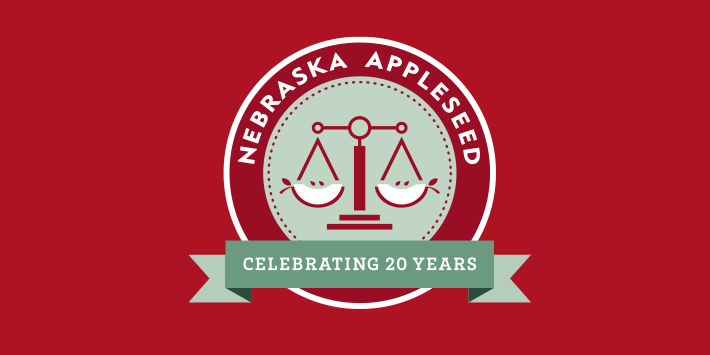***For Immediate Release***
January 19, 2016
Contact, Jeff Sheldon
Communications Director, Nebraska Appleseed
Office: (402) 438-8853
Mobile: (402) 840-7289
jsheldon@neappleseed.org
Nebraska Appleseed Statement in Support of
Transitional Health Insurance Program
LINCOLN — Today, Nebraska Appleseed Executive Director Rebecca Gould issued the following statement on LB 1032, the Transitional Health Insurance Program Act, introduced today by State Senator John McCollister.
“We are encouraged to see State Senators working together on a new plan to cover 77,000 uninsured Nebraskans with LB 1032,” Gould said. “For too long, this group of hard-working low-income, Nebraskans has gone without the health coverage everyone needs, our tax dollars have left and not returned, and our health care system has had to absorb the high costs of uncompensated care.
“This plan is an alternative to traditional Medicaid expansion and represents a bipartisan compromise that uses the federal funding to purchase private insurance. This plan asks hard-working Nebraskans with the lowest incomes to pay more for their coverage than in many other states. However, it does provide an affordable path to meaningful health coverage that is currently unavailable and it will let us bring more than $2 billion of Nebraska’s hard-earned tax dollars home to cover the cost and boost our economy.
“Importantly, this bill uses savings generated by the plan, existing health care cash funds, and contributions from those who will sign up for coverage to ensure the program is fiscally sustainable over the next decade. It also connects unemployed participants to meaningful adult education and training programs that can help them move up the economic ladder.
“We support this bill because every Nebraskan needs health coverage, and LB 1032 will provide our friends and neighbors with the lowest incomes a way to get meaningful coverage so they can meet their health care needs, take care of their families, and be engaged in the workforce and their communities.”


